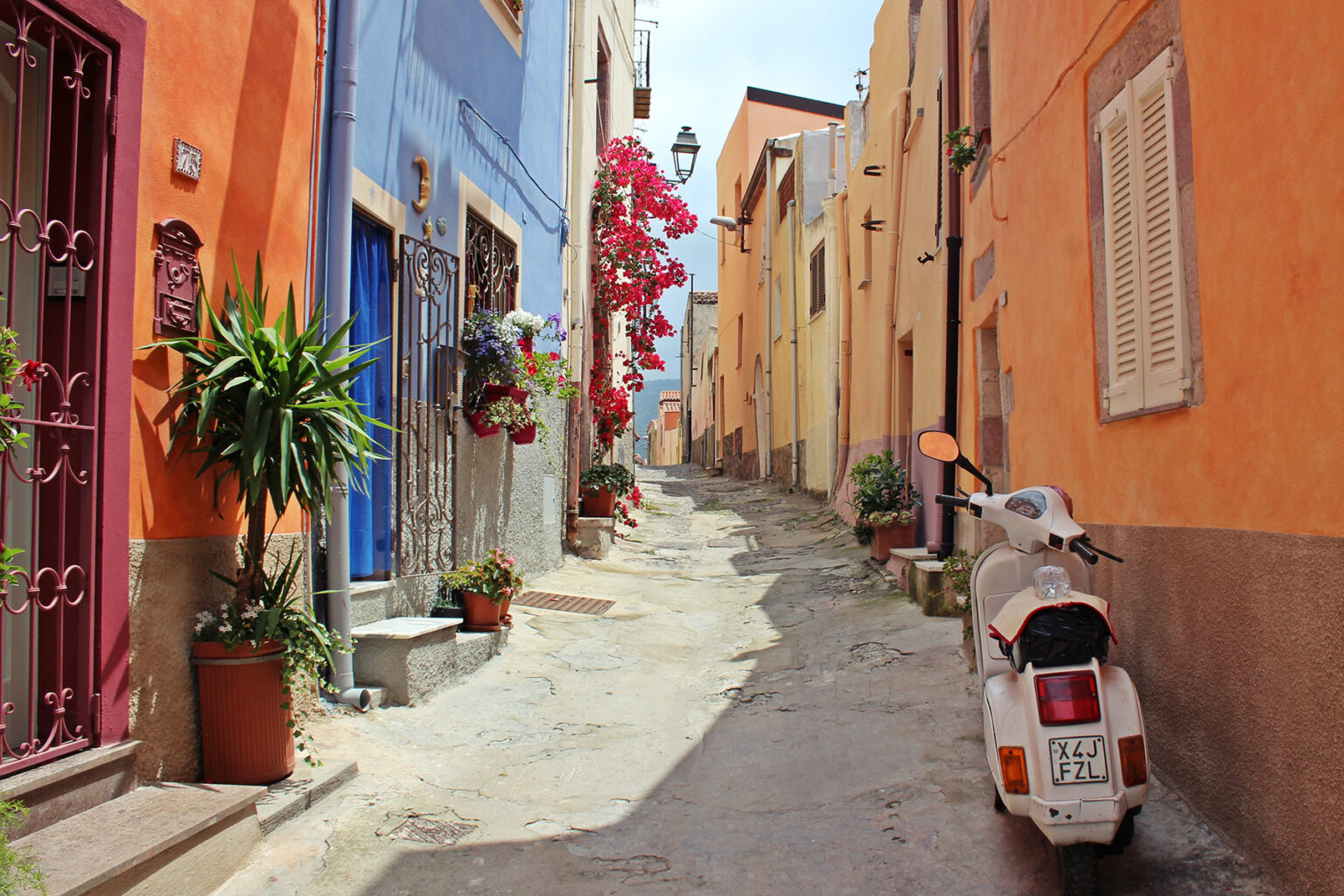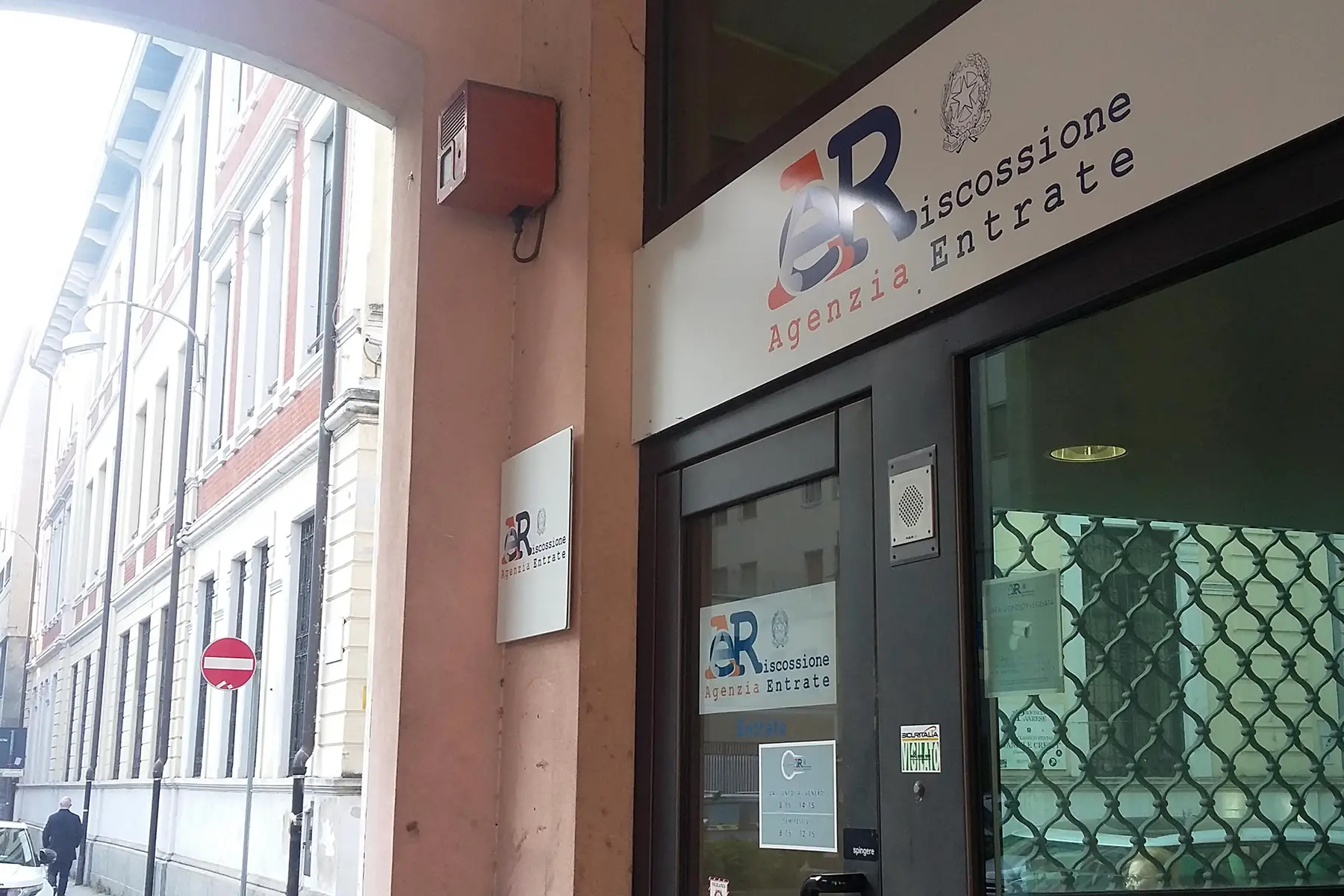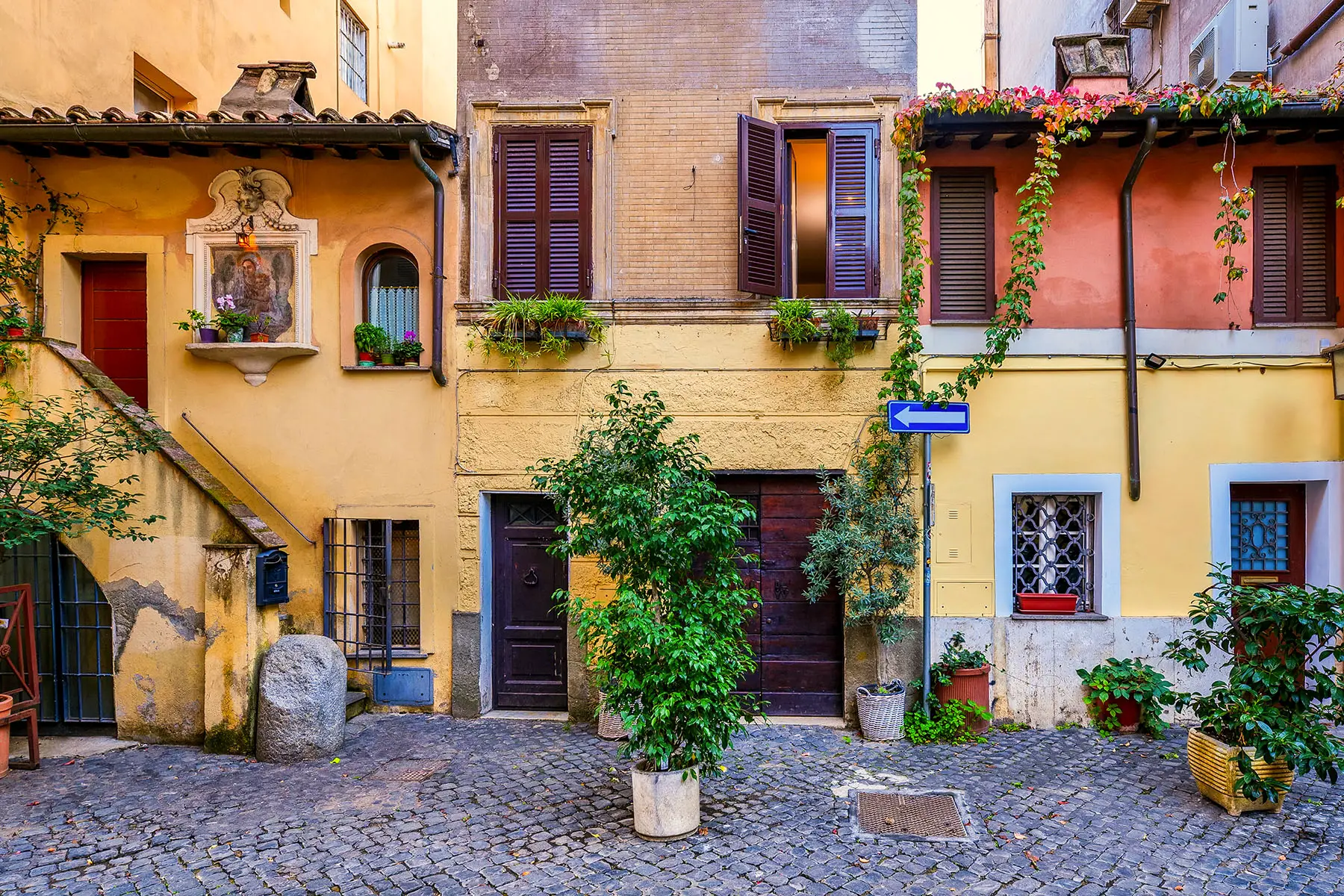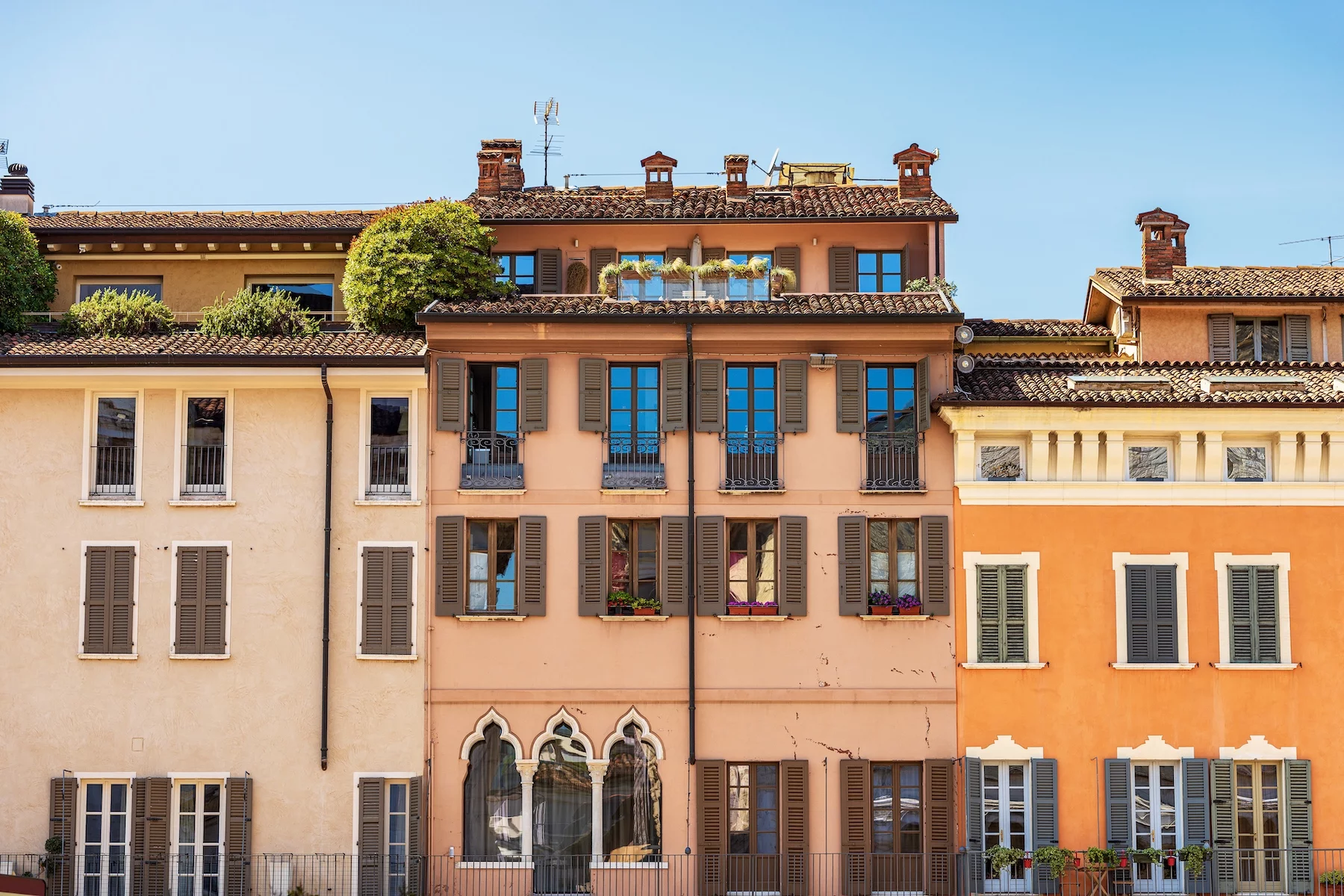Italy’s enduring appeal, photo opportunities, and tranquil pace of life are enough to make anyone think about emigrating there permanently.
Italians take the time to savor the little things, such as stopping for pre-dinner aperitivi with friends and family. And if you’re raising children, you could find a worse spot than one of the cradles of world civilization.
Certainly, some 5.3 million people seem to agree. That’s the number of foreign citizens in Italy as of 2024, according to ISTAT, the country’s statistics agency. However, living in Italy means dealing with the day-to-day realities beyond the picture postcard: bureaucracy, for one, the language barrier, and the challenges of finding a job as an international.
However, don’t let this put you off moving to the boot of Europe. This article will help you decide whether expat life in Italy will suit you, with an overview of il buono, il brutto, and il cattivo (the good, the bad, and the ugly).
- 1. What’s it really like to live in Italy?
- 2. Can I afford to live in Italy?
- 3. Is it easy to find love in Italy?
- 4. What’s work like for expats in Italy?
- 5. Can I afford housing in Italy?
- 6. What’s it like being a woman in Italy?
- 7. What’s it like raising kids in Italy?
- 8. What’s the healthcare situation for expats in Italy?
- 9. What’s the worst thing about life in Italy?
- 10. What’s the best thing about life in Italy?
The Relocator
Planning a new life in Italy? Give yourself some peace of mind with The Relocator. On their easy-to-use platform, you’ll be able to compare your options quickly, getting quotes from some of the biggest names in global relocations. Move abroad confidently with The Relocator.
1. What’s it really like to live in Italy?
Author Beppe Severgnini explains the cultural difference between vacationing in Italy and living in Italia in the book La Bella Figura: “Italy is a soft drug peddled in predictable packages, such as hills in the sunset, olive groves, lemon trees, white wine, and raven-haired girls. Italia, on the other hand, is a maze. It’s alluring, but complicated.”

Life in Italy is laid-back and relaxed, with time set aside to unwind, socialize, and simply enjoy the day. Expect to be told off for working too much, because Italians have an opinion on everything. Yet, for every Instagrammable Aperol spritz, there’s a frustrating experience involving traffic, bureaucracy, or language.
Internations’ Expat Insider survey ranked Italy in the bottom 10 places to live in 2023. The reasons behind the letdown? Readers cited low salaries, job insecurity, bureaucracy, lack of digital connectivity, and political instability. However, they were pleased with leisure, culture, and nightlife.
2. Can I afford to live in Italy?
Paying for the good life depends on how deep your pockets are. On a high salary, you’ll have both the time and money to enjoy life under the Italian sun. On lower wages, you might have to swap out the sprawling villa for an apartment with a view of the neighbor’s bathroom.
Numbeo data shows that the monthly costs for a family of four in Italy – without rent – are nearly €3000. That’s lower than neighboring France, Switzerland, and Austria, but slightly higher than Slovenia. So yes, cappucinos really are cheaper on Italy’s cobblestones than in many other countries.
Meanwhile, the average rent in Italy is lower than all neighboring countries apart from Slovenia. Those moving to Italy from the US will note a 31.5% difference in consumer prices – including rent.
That said, there are places where expats in Italy could well be in for a sticker shock. Mercer’s 2023 Cost of Living Ranking ranks Milan 49th most expensive out of 227 cities worldwide, and Rome comes in at 59th.
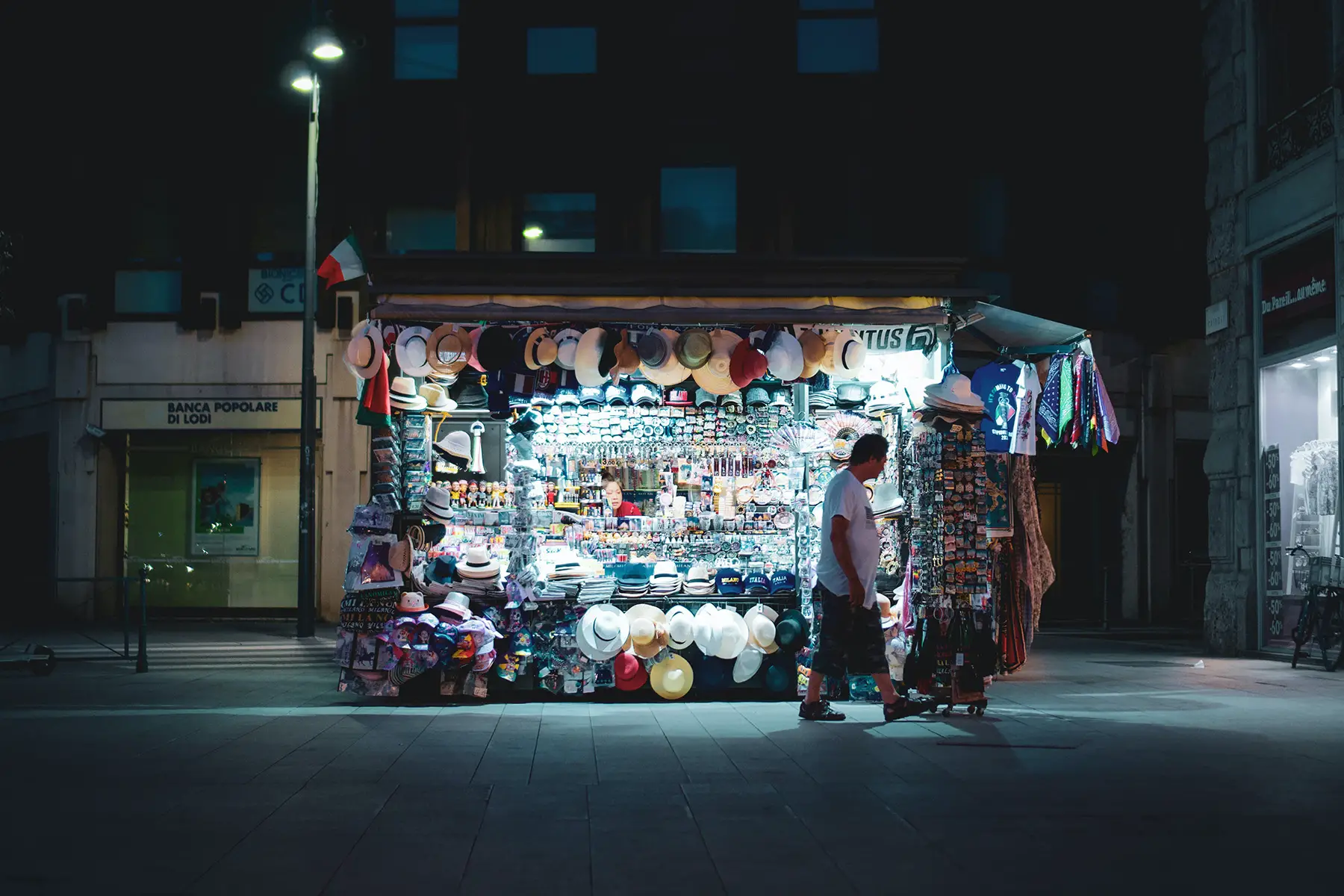
Furthermore, Italians earn lower salaries than the European Union average – €44,546 net per year in 2022. The corresponding figures were €106,839 for neighboring Switzerland, €66,642 for the US, and €51,785 for the UK (in 2019).
Taxes in Italy
Like the country itself, Italian taxes are diverse and complicated. Therefore, residents in Italy can expect a mixed bag. On the one hand, income tax is higher than in many countries. However, corporate tax and inheritance tax are lower.
Italian income tax is progressive, so the more you earn, the more you owe. As a resident, you can expect to pay between 23% and 43% on your taxable income.
However, there are also plenty of deductions and credits available to help you reduce your tax bill. Standard credits include family and medical expenses and mortgage interest payments. You can also claim credits on pension income.
However, many expats feel their tax payments are balanced out by the wide range of benefits in terms of essential services and resources. These include:
- Italy’s public healthcare system provides universal coverage for all residents. Your taxes support hospitals, clinics, and other services.
- Education, which is free up to secondary school
- The wide range of social welfare programs funded by tax euros, including unemployment benefits, disability benefits, and family assistance
- Public goods such as infrastructure, security, and transport
3. Is it easy to find love in Italy?
Do you dream of kissing your handsome beau by a crystal blue Italian stream? Sadly for some, the clichéd Italian Latin Lover may be little more than a myth. Indeed, whether Italy is a good place to date depends on who you ask.
Stereotypes aside, you’ll find that Italians like to take their time when it comes to romance. Most don’t rush into relationships, preferring instead to savor the moment and build a strong foundation of trust and affection.
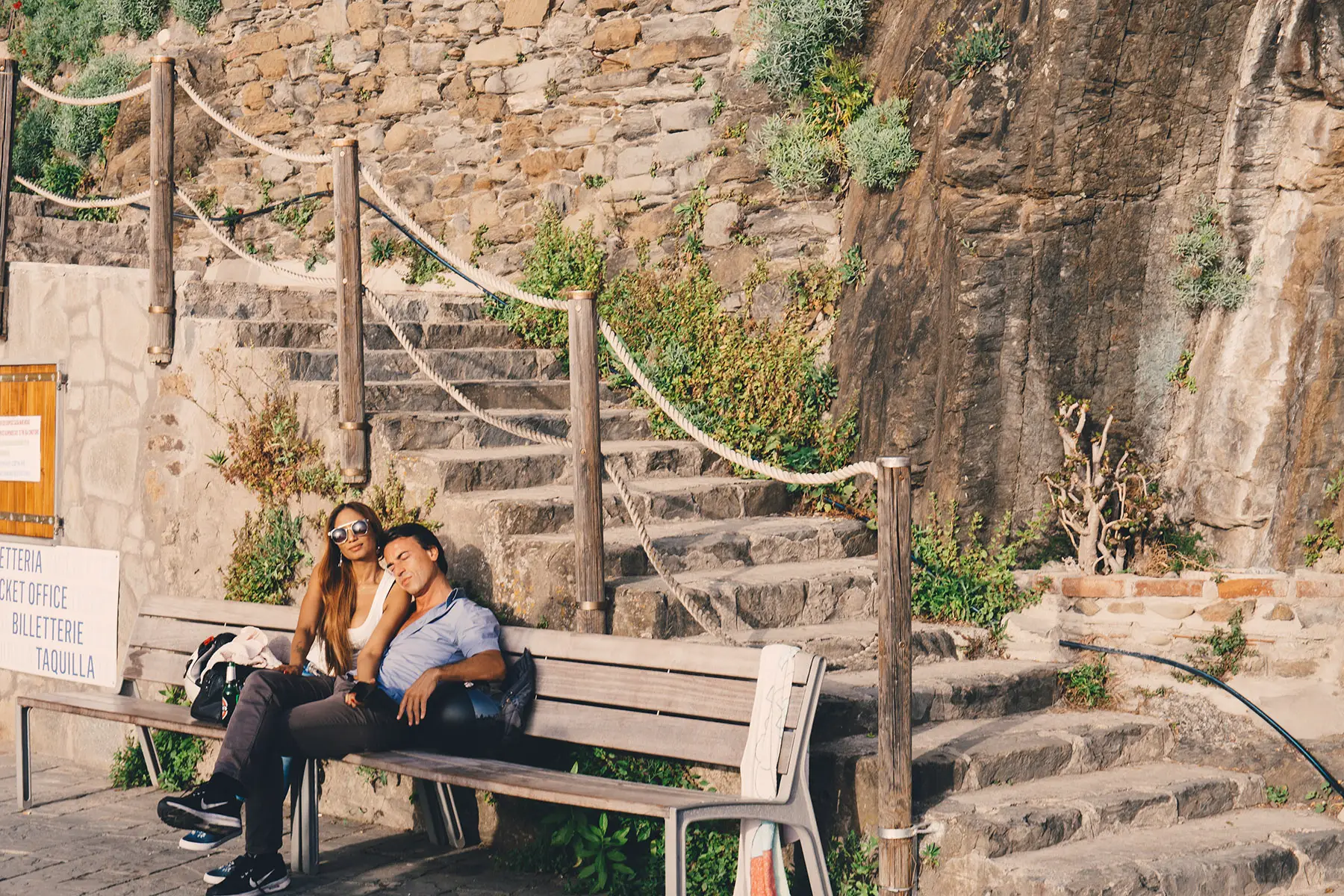
That said, some rules apply – particularly to heterosexual dating.
- Men are still generally expected to pick up the check.
- Opening doors for women is considered ‘just good manners.’
- Italians may also offer to pick you up from home or work. Driving is often faster than public transport, so this is purely practical.
- The conversation will revolve around, or at least involve, cultural topics. Learn about Italian food, art, music, and history. This will not only give you a deeper understanding of the country and its people, but it will also give you plenty of topics to discuss with potential love interests.
- Sex on your first date? It’s been known to happen. Some Italians consider oral sex more intimate than intercourse.
In terms of practicalities, you can use dating apps to spark a match in Italy – as in other countries. But the country’s close-knit community also offers the chance to connect with the locals easily in real life.
Either way, you can count on your date to be fashionably late and well put together – and maybe even introduce you to fantastic restaurants. As the saying goes: La vita è troppo breve per non innamorarsi – Life is too short not to fall in love.
Marriage, of course, is a whole other story.
LGBTQ+ dating and romance in Italy
Italy legalized both male and female same-sex sexual activity in 1890. And although 61% of Italians (PDF) support same-sex marriage, the country only recognizes civil unions. Nor can same-sex couples adopt children.
LGBTQ+ expats in Italy will find a vibrant and diverse scene in the big cities of the north. Milan is considered the heart of gay Italy, with a wide range of cafés and clubs. Rome, Florence, Taormina, and Bologna also offer plenty of scope for LGBTQ+ romance. Rural areas, particularly in the south, are more conservative, but things have been changing in recent years.
4. What’s work like for expats in Italy?
The laidback dolce vita life isn’t quite reflected in Italian workplaces. Rather, the country is characterized by a work-hard, play-hard culture. Long lunch breaks are common, but so, too, are hierarchical management structures. That’s particularly true in the family businesses that make up 85% of Italian organizations.

Italians work 36 hours per week on average. The maximum legal working week is set at 40 hours, plus eight hours of overtime. The typical working week runs from 8:00 or 9:00 to 13:00, and 15:00 to 18:00 or 19:00 between Monday and Friday. Yes, that’s two hours for lunch.
If work-life balance matters to you, you could do a lot worse than Italy. The country tops the OECD’s work-life balance index. Leisure hours account for more than two-thirds of an Italian’s day.
That’s proof that the Italians could run a work-life masterclass for other countries. Only about 3% of Italian employees work very long hours, well below the OECD average of 10%.
The importance Italians place on personal relationships carries over into the workplace. It’s common to be invited for drinks after work, for instance. Business meetings often come with an invitation to eat out, often in a carefully chosen restaurant.
Job hunting for expats in Italy
According to the International Monetary Fund, Italy is the world’s tenth-largest economy. Its biggest economic sectors are the manufacturing and services industries. Internationals in Italy traditionally find jobs in the tourism industry and as English teachers. However, competition can be high in both sectors.
In recent years, there has been a growing gap for specialist roles in healthcare, IT, and engineering. Engineers, doctors, and programmers are in high demand, as are woodworking and weaving professionals.
Most companies tend to be concentrated in the larger cities, so it may take some adjustments to realize any dreams of living in rural parts of the country. Although opportunities exist in most of Italy, foreign residents will likely find jobs more easily in the business centers of Milan and Rome.
EU nationals don’t need special permits to work in Italy. Non-EU citizens will need their employer to arrange a work visa for them. You should also check that potential employers recognize your educational qualifications. The Italian Information Centre on Academic Mobility and Equivalence, CIMEA, can explain how your qualifications compare to Italian diplomas.
Overall, the unemployment rate in Italy (PDF) was 6.5% in February 2024, the lowest since April 2020. However, the youth unemployment rate – which measures job-seekers between 15 and 24 years old – was 22.8%. Consequently, a large proportion of young Italians are moving abroad, motivated by precarious work contracts and low wages.
For expats in Italy, the resulting unfilled vacancies signal opportunity. But this is where those personal relationships come into play again. It’s worth remembering it’s easier to secure a job if you have a strong professional network. However, speculative applications may also find more favor in Italy, where vacancies aren’t always promptly advertised.
Salaries for expats in Italy
There is no legal minimum wage in Italy. While the Italian Constitution includes workers’ rights to a liveable wage, this has never been set out in law.
Rather, salaries are set by collective bargaining at the sector level (contrattazione collettiva nazionale di lavoro – CCNL). In principle, this means that having a job in Italy is not enough to keep from falling into poverty, as a working group report from 2021 (PDF in Italian) confirms.
Expats in Italy will find that salaries are in line with other Southern European countries. The OECD put the average annual wage in Italy at US$44,893 in 2022. That’s below the OECD average of $53,416.
Expats in the UK and France fare better, while Spain and Poland rank below Italy.
5. Can I afford housing in Italy?
Judging from the regular articles about expats making a home in Italy, it should be easy enough to buy a place in the sun in Il bel paese, provided you have the budget available.
In practice, the manner in which you can purchase land or a home may vary based on your nationality. Nationals of EU or EEA countries follow the same procedures as Italian citizens. Stateless persons and refugees also have the same rights, provided they’ve lived in Italy for at least three years.
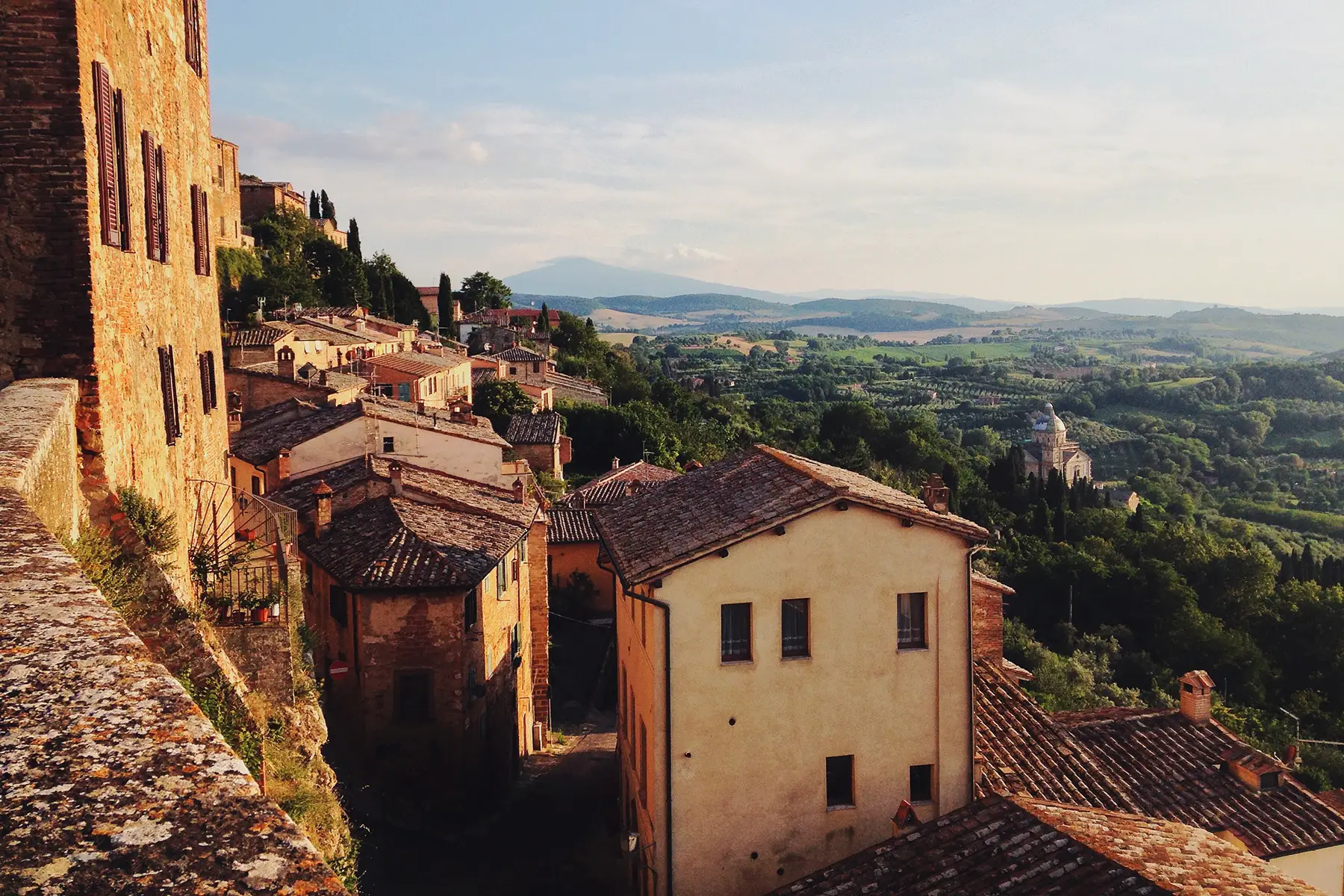
Citizens and residents of other countries may buy a home in Italy if their country has a reciprocal agreement with Italy. Without that reciprocity agreement, you may have to look elsewhere. Italian notaries are not authorized to draft property contracts with citizens of non-reciprocity countries.
On the other hand, tax residents in Italy are exempted from the reciprocity requirement.
It’s worth noting that owning a home in Italy doesn’t entitle you to a residence visa.
Mortgages for expats in Italy
Expats in Italy – including non-residents – will find it relatively easy to secure a mortgage.
Italian banks usually grant loans of up to about 70% of the property purchase price. The minimum loan amount is usually over €50,000. Repayment periods may stretch from five to 30 years.
Obtaining a mortgage will principally depend on the amount requested and on your nationality, age, and financial status. You’ll typically need to provide apostilled or notarized income tax declarations.
There are several fees involved when taking out a mortgage in Italy, including:
- Application fees
- Surveyor fees
- Mortgage taxes
- Insurance and translation fees as required
Average property prices in Italy
In general, real estate prices are relatively stable, and property continues to be seen as a safe investment. Residential units currently average around €2,043 per square meter (March 2024), and are rising.
You’ll generally pay the most for property in the country’s northeast. Asking prices for real estate are highest in the Trentino Alto Adige region, at €3,331 per square meter.
While it’s certainly possible to rent a historic palazzo, Italy’s older buildings come with certain drawbacks. Despite their characteristic charm, you may have to deal with inadequate insulation and outdated plumbing or wiring. Therefore, it’s worth doing your research before putting down your deposit.
Landlords will want to see your ID card, and will ask for your social security number (code fiscale). They may also ask to see your tax returns to ensure you have financial stability.
Rents in Italy
Rental prices reflect similar trends – the average monthly of a rented property is €13.38 per square meter.
As a newcomer to Italy, you’ll probably want to rent for a bit before buying your own private palazzo. What you can expect to pay depends on where you’re bedding down.
As a general rule of thumb, southern Italy is more affordable than the north. And the major cities will gouge a deeper hole in your pocket. Tenants in expat-friendly Milan and Lombardy will pay nearly twice as much as in Campania or Piedmont.
One-euro homes in Italy
Italian towns and villages have been selling houses for a nominal amount – beginning at €1 – since 2008. Nationals from everywhere have flocked to take advantage of the scheme, which aims to counter a declining population.
However, most schemes hinge on several conditions. Typically, such sales are accompanied by caveats that buyers must spend a minimum amount of money to bring the buildings up to code in a fixed amount of time.
Most €1 properties require serious investment in renovations, often stretching to tens of thousands of euros. Additional expenses may involve estate agents’ fees, taxes, and utility connection charges.
In many cases, ownership reverts to the municipality if buyers do not meet their obligations. Buyers considering €1 homes in Italy must, therefore, double-check the sale conditions before closing out a deal.
6. What’s it like being a woman in Italy?
Italy elected its first-ever woman prime minister, Giorgia Meloni, in October 2022. However, her election offers little hope in terms of women’s rights, as Meloni’s party, Brothers of Italy (Fratelli d’Italia), champions ‘traditional’ gender roles and discourages abortion.
That said, women have the same legal rights as men in Italy, with broadly the same employment, business, and education opportunities. In practice, women spend more hours working than men (PDF), including a larger proportion of unpaid work.
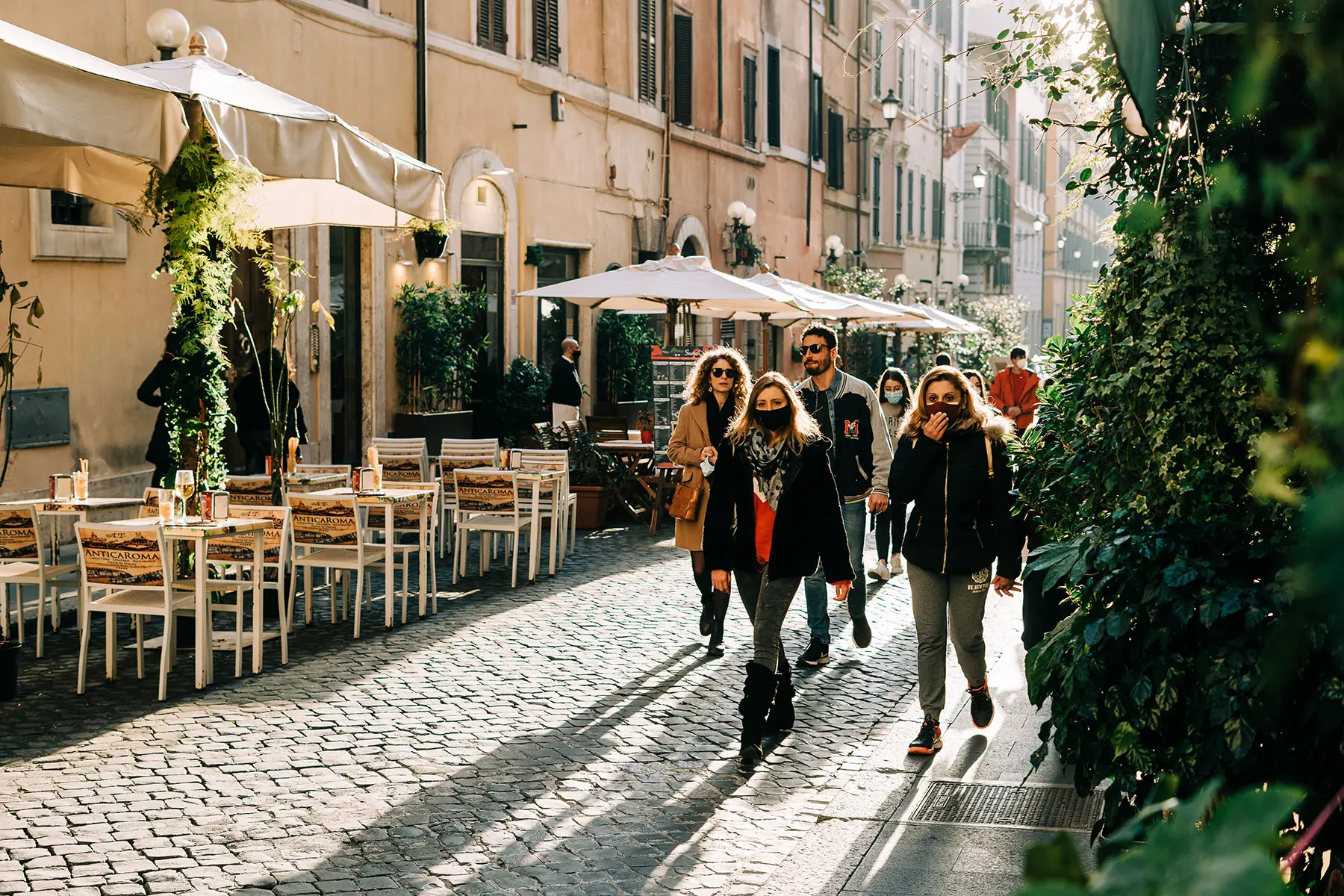
Like with many other metrics, women generally enjoy a better quality of life in the north than in the south. In 2023, the top-ranked cities in Il Sole 24 Ore were Udine, Lecco, and Prato. International women are likely to experience the same trends.
Gender pay gap
When it comes to wages, women in Italy earn 5.7% less than men on average, according to the OECD.
Italy placed 13th in the EU on the Gender Equality Index, with 68.2 out of 100 points in 2023, below the average (70.2). Compare Italy to the rest of the world, however, and it fares much worse. The World Economic Forum ranks it 63rd on the 2023 Global Gender Gap Index (PDF).
Separately, Italy’s National Institute of Statistics acknowledged in a 2019 report (PDF) that the country’s women experience difficulty entering the labor market. It noted more tenuous working conditions and described a marked gender pay gap in the private sector.
Women’s safety in Italy
As a woman in Italy, it’s possible you’ll hear the occasional shout of ‘Ciao, Bella,’ like in many countries. A smaller percentage of women (63.7%) felt ‘safe’ or ‘very safe’ walking around their area after dark than men did (78.1%), according to the 2018 European Social survey. However, this seems to have improved slightly in recent years – a Gallup poll put the 2023 percentage at 64%.
Indeed, many women say Italy is a safe place to live. That’s at least in part because of the country’s relatively low crime rate and the strong social culture.
Furthermore, in recent years, the government has taken action to improve the situation for women. In 2021, Italy ratified the ILO Violence and Harassment Convention, 2019 (No. 190). The international labor standard affirms that everyone has the right to a world and workplace free from violence and harassment.
Foreign-born victims of domestic violence don’t need to fear deportation. They can request a special permit to stay for humanitarian reasons, under Italy’s immigration law, provided they report their partners’ behavior and file for protection against abuse.
7. What’s it like raising kids in Italy?
A childhood in Italy is a great gift to your children in many ways. If you’re from another country, they’ll grow up at least bilingual and be exposed to history and culture from an early age. They’ll also develop an appreciation for family ties – something that will undoubtedly help them later in life.
Indeed, the Italians emphasize famiglia – family – like few other countries. Loyalty and closeness still characterize Italian families. Gathering regularly at Nonna’s house for lunch remains common. Parents also often support their children through university, and adult children may live at home into their thirties.
Internationals in Italy will, therefore, benefit from a wide range of activities for youngsters. There’s excellent schooling available in English, French, and Italian, with more than 80 international schools. And the public healthcare system, among the most efficient in the world, covers children.
Childcare in Italy
It is the norm for both parents to work in Italy. The country’s traditional family bonds mean that grandparents often step in to help with childcare.

Although this option isn’t available for many expat parents, they’ll be pleased to know that Italy has several choices for early years care. These include nursery (nido d’infanzia), preschool (scuola materna ou scuola dell’infanzia) and individual caregivers, such as nannies. Nurseries may accept children as young as three months old. Preschools typically cater to kids between three and six years of age.
Children are considered citizens with rights in Italy, and are entitled to childcare. The Single and Universal Allowance for Children (Assegno unico e universale per i figli), guarantees support for all families with children. It is granted from the seventh month of pregnancy till the child is 21, and the amount varies from a minimum of €50 to a maximum of €175.
There are also specific allowances for children with disabilities.
Living with parents
Italians love their families, so much so that some never leave the nest. Across Italy, children still living with their parents into adulthood are a vexatious social and policy issue. Nearly 70% of young Italians aged 18-24 were still living with their parents as of 2022.
But this seeming state of arrested development masks a social and economic issue in Italy. Some experts attribute it to the high unemployment rate and lack of job opportunities in an economy that has floundered since the 2008 crisis. Others say it’s cultural because Italian parents are more likely to support their kids for longer periods than in other countries.
Now, legal rulings mean that these adult children are no longer entitled to indefinite parental support.
This is perhaps less of a problem for international parents, as your home culture will also play a part in when your children fly the nest. However, it’s worth staying abreast of childcare laws while in Italy.
8. What’s the healthcare situation for expats in Italy?
Italy’s healthcare scores well in global health rankings. That’s thanks to low rates of serious illness and quality medical care. Only 1.8% of citizens have unmet medical needs, according to Italy’s 2021 European Commission Country Health Profile (PDF), close to the European average.
Public healthcare is available to anyone living in Italy, largely because it is funded through taxation. All Italian citizens and legal residents can access healthcare in Italy so long as they have a health card (tessera sanitaria) issued by the country’s national health service (Servizio Sanitario Nazionale – SSN, in Italian).

Nationals of European Union or or European Free Trade Association countries staying less than three months can use their European Health Insurance Card (EHIC) to access services.
Those positives aside, healthcare is one area where you may require some level of Italian. Language barriers abound, and being fluent in gesture-speak doesn’t quite work. So, be sure to bring a phrasebook, a dictionary, or a friend who speaks Italian to ensure you get the care you need.
Health insurance in Italy
Italy’s tax-funded healthcare system means you won’t need health insurance if you plan to rely on the SSN. However, many expats look to add to their health coverage with private insurance. This is especially helpful if you travel outside the country a lot, require access to English-speaking doctors, or are new to Italy and not yet covered by the SSN.
Some of the global companies that provide expat-friendly insurance plans in Italy include:
9. What’s the worst thing about life in Italy?
Living in Italy is very different from visiting on vacation. While the country has a lot going for it, there are also a number of frustrating downsides. Perhaps the biggest disadvantage for expats in Italy concerns the low salaries. The average salary in Italy ranks well below nations such as Switzerland, the UAE, the Netherlands, Bahrain, and Spain.
Expats who do not speak Italian are also at a disadvantage. While many Italians speak English, this is by no means standard across the country. The language barrier really is high. Getting anything done – or interacting with the bureaucracy – will require some fluency in Italian.
10. What’s the best thing about life in Italy?
If you need to ask, perhaps you’re better off looking for other expat hot spots. Italy has (nearly) everything going for it.
Sunny weather? Check. Great food and wine at affordable prices? Check. Culture and history on your doorstep? Check.

Quality healthcare? Friendly locals? Easy access to the rest of Europe? Check, check, and check.
In short, Italy as a lot going for it. Italians know how to live life – without spending a fortune. La Dolce Vita is both affordable and easily accessible to expats.
